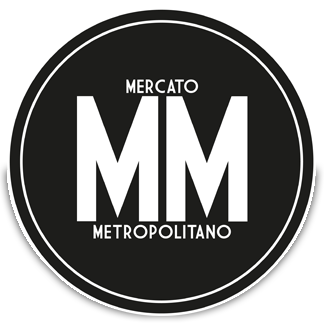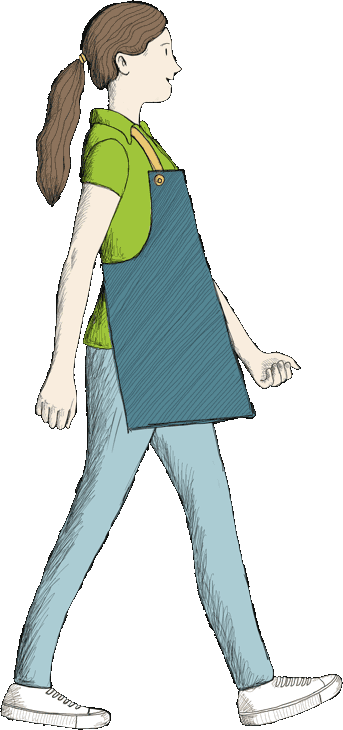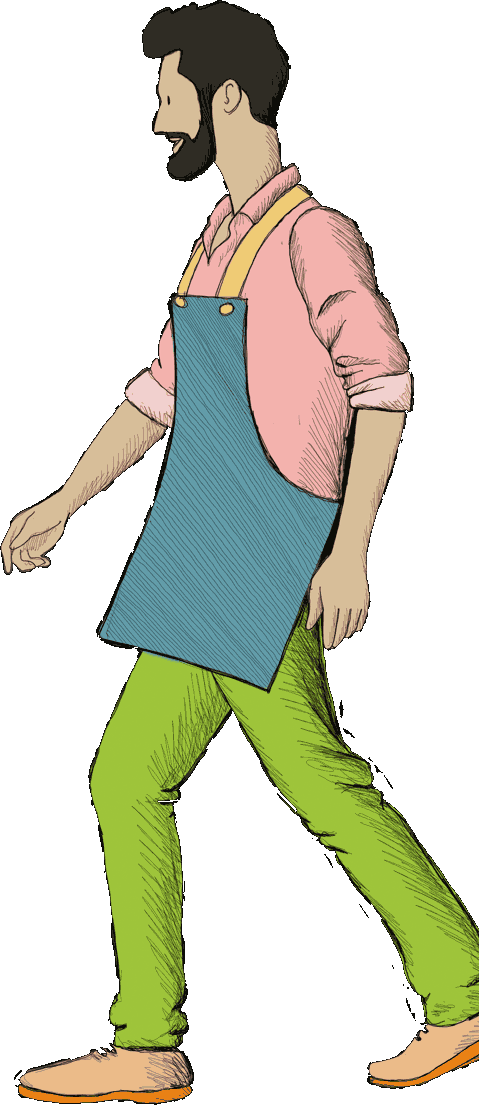
Plastic Free July 2022 – “Single Use Plastic Water Bottles. Ending a Bad Habit for Good”

Written by Ape2o
It’s hard to pinpoint exactly when plastic bottles became the must-have as a solution to drinking more water on-the-go. But since the eighties, when questions over hygiene and maintenance costs put paid to public water fountains, billions of bottles have been sold on the premise that bottled water is healthier than tap water and good for our skin, hair, and overall health.
How quickly the tide of public opinion has, and thankfully continues to change. We now recognise that globally, more than a million plastic bottles are sold every minute. In the UK alone, eight billion single use plastic bottles are purchased every year – and of those, eighty percent or four-fifths end up in landfill or directly in our oceans.
The on-going impact this is having on our daily lives and wildlife shouldn’t be underestimated. Not only are the bottles themselves clogging waterways and wreaking havoc to the environment, but it’s now known that plastic is even leaching chemicals into the water. Along with the fact that we’re ingesting micro-plastics every day. Who knows what this could be doing for our long-term health?
Here’s a question for you. Did you know that a plastic water bottle takes 450 years to complete degrade? That’s over four generations of your family. Thankfully, there are many initiatives and solutions that are being introduced to counteract the plastic problem.
City to Sea and London’s Mayor Sadiq Khan have introduced the Refill London scheme, which encourages the capital’s restaurants, cafes, and businesses to offer free refills. And there’s now a network of more than a hundred drinking water fountains in busy and accessible parts of the city.
For some, access to more tap water is all they need on the go. But changing the opinion of those who only want filtered or bottled water is going to take time to sift through to the swathe of plastic-water bottle advocates. So, what are the solutions?
London’s Mercato Metropolitano is just one of the companies at the forefront of tackling the issue of single use plastic bottles head on. Banned from their venues, you can’t even walk in with one. Instead, all drinks sold are served in glass bottles or recycled containers.
On site at their Elephant and Castle location, sits one of our newly installed Big Ape water machines. If you haven’t come across ape2o before, we’re a sustainable B-Corp certified British start-up and our mission is simple.
We want to eradicate single use plastic bottles by providing public access to value-added water machines (which we call “Big Apes”), dispensing ultra-filtered, chilled, or sparkling water hygienically straight into your bottle. With a small payment per refill, we fund marine and freshwater cleanups and conservation with 10% of all our sales.
Our footprint is growing. 11 Big Ape machines are already installed at London Zoo, New Street Square, One New Change and thanks to a partnership with South Western Railway, we now have a presence in the busiest stations on the network from Vauxhall to Wimbledon.
The more that companies like Mercato Metropolitano, London Zoo, South Western Railway and Landsec show there are alternatives to single use plastic water bottles, the better.
It’s a step in the right direction to changing consumer behaviour and stopping the scourge of the plastic problem. With whole towns, public parks, museums, universities, and zoos across the world starting to follow suit, hopefully the tide of opinion will soon change, and single use plastic water bottles will be outdated, just like the plastic carrier bags were consigned to the rubbish, before them.
The Story behind the Turtle Photograph: Ape2o
Living in a beautiful part of Australia where the Tropical Rainforest meets the Great Barrier Reef, Anthony was working in the beer industry having co-founded a craft brewery there. He’s been in the soft drinks industry before in the UK, and it took living in tropical paradise to realise he’d been part of the problem, creating single use containers for drinks.



